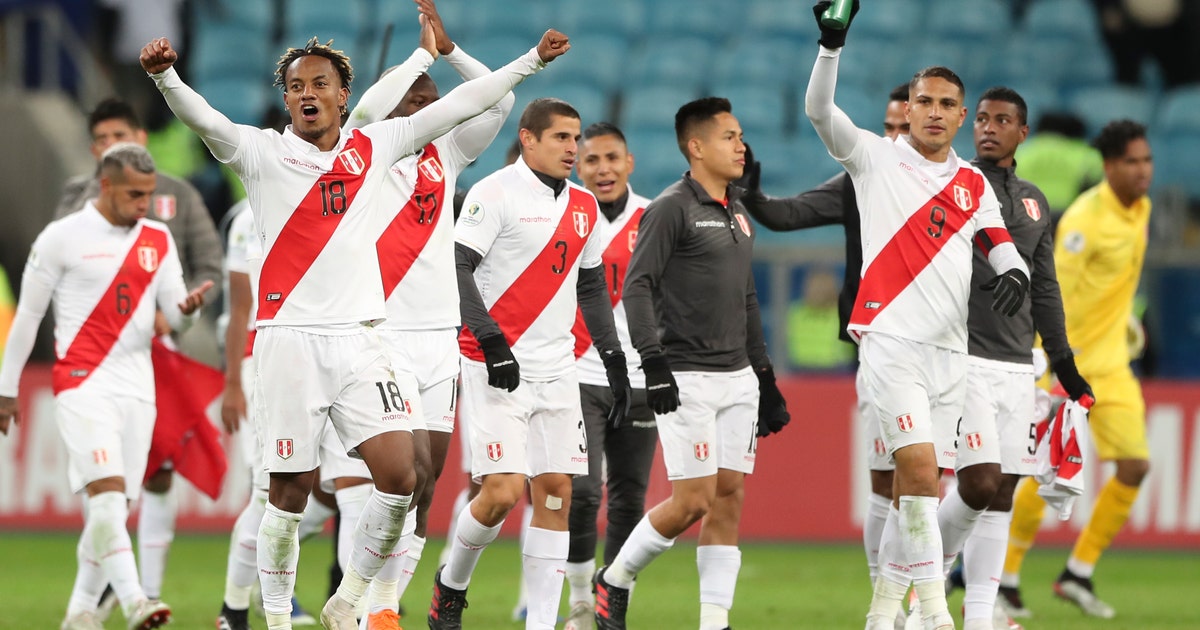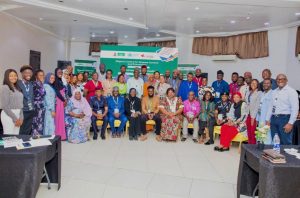Copa América organizers brush off criticism of tournament


RIO DE JANEIRO (AP) — Empty seats, poor pitches, long lines for fans to pick up tickets, problems with video review technology and even a match that started 20 minutes late. The Copa América has been mired in problems since the tournament began on June 14, but its executives said Friday the overall picture is positive in their last briefing before Sunday’s Brazil-vs.-Peru final at the Maracanã Stadium.
The issues with Copa América’s organization reached a peak on Wednesday after Argentina’s soccer federation sent South American soccer body CONMEBOL a six-page letter criticizing several aspects of the tournament. Many of the points raised are shared by members of other teams, including Brazil.
CONMEBOL has not replied to Argentine soccer executives officially, and neither have Copa América organizers.
“We are not saying that we are making a perfect tournament, but we are creating the base, the parameters for the future,” said Hugo Figueiredo, competitions director at CONMEBOL.
Asked to describe the imperfections and potential solutions for the next edition of the tournament in 2020, neither Figueiredo nor Copa América’s general manager Thiago Jannuzzi replied.
“For us this Copa América is really innovating in a comparison with previous editions,” Figueiredo said, referring in part to the use of VAR technology.
Organizers insisted that attendance has been strong despite highly visible empty seats at matches including Wednesday’s semifinal in Porto Alegre in which Peru beat Chile 3-0.
About 1 million tickets were put on sale, 800,000 people have attended the 24 matches so far, and another 100,000 are expected for the final and the third-place game between Argentina and Chile in São Paulo, executives said.
But few group-stage matches brought more than 20,000 spectators to the stadiums in six cities.
Copa América executives again defended their pricing policy, saying tickets cost only 10% more than in the 2015 edition in Chile. Brazil has endured an economic crisis since then, with about 13 million people unemployed.
The cheapest Copa América ticket cost the equivalent of $30. That’s double the price of popular seats at Brazilian national championship matches.
Figueiredo and Jannuzzi ignored the criticism of bare pitches and degraded grass at four of the six tournament venues. Even the home team criticized the fields of Porto Alegre’s Arena do Grêmio, Salvador’s Arena Fonte Nova and Belo Horizonte’s Mineirão Stadium.
The field of the historic Maracanã is also suffering, which forced organizers to cancel Saturday’s trainings of Brazil and Peru. The same thing happened in almost all knockout-stage matches.
Organizers also dismissed complaints about the use of VAR technology, one of Argentina’s main points in the letter sent after its 2-0 loss to Brazil on Tuesday. The video reviews are operated by Spanish company Media Pro, which Argentina also criticized.
The Argentinians, including Lionel Messi, believe they should have been awarded two penalties in the match. Referee Roddy Zambrano didn’t check video review in either incident.
“There will always be criticism,” Figueredo said. “VAR is a tool, and the decision belongs to the referee.”
Adding to those issues, many fans had to wait for more than one hour to pick up their tickets in locations far from the stadiums; Chile was late for its quarterfinals clash against Colombia because its hotel was too far from the Arena Corinthians; and some training facilities had no hot water at the beginning of the tournament.
This Copa América closes a long cycle of Brazil hosting major sporting events, after the 2013 Confederations Cup, the 2014 World Cup and the 2016 Olympic and Paralympic Games in Rio.
The organization of the 2020 Copa América will be split between Argentina and Colombia, with the former hosting the opener and the latter staging the final.








